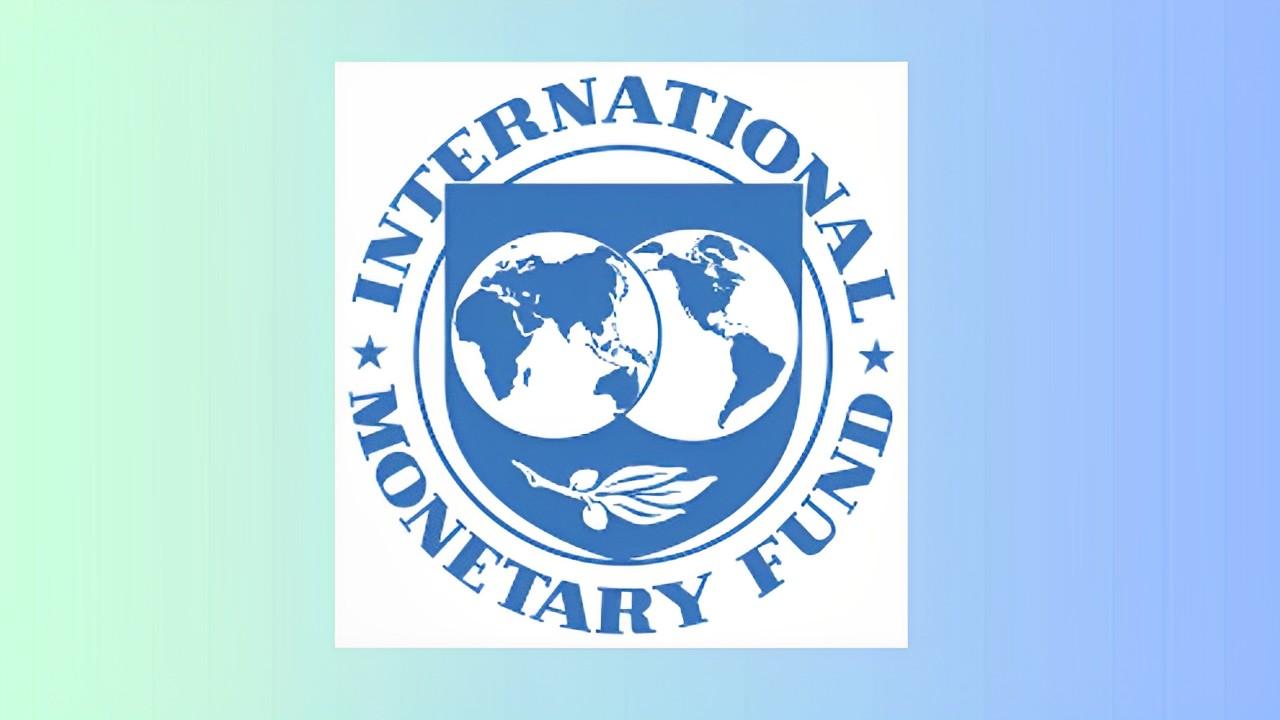International Monetary Fund (IMF)

The International Monetary Fund (IMF) is an international organization that was established in 1944 and is headquartered in Washington, D.C., USA. The organization’s mission is to promote international monetary cooperation and facilitate international trade, as well as to promote economic growth, stability, and poverty reduction.
The IMF provides financial assistance to member countries experiencing economic difficulties, with the aim of stabilizing their economies and promoting economic growth. The organization also provides policy advice and technical assistance to member countries on a range of economic issues, such as fiscal and monetary policy, financial sector regulation, and debt management.
The IMF has 190 member countries, and its resources are primarily derived from member country quotas, which are determined based on their relative size in the global economy. The organization is governed by a board of governors, which is composed of one governor from each member country, and is overseen by an executive board.
Critics of the IMF have argued that its policies can be too focused on austerity measures and market liberalization, which can exacerbate economic inequality and lead to social unrest in some countries. Supporters argue that the IMF plays an important role in promoting global economic stability and facilitating economic growth and poverty reduction in developing countries.


